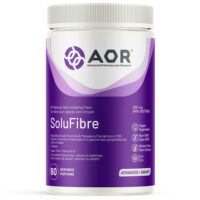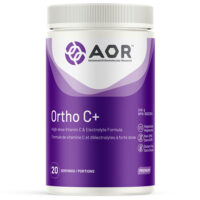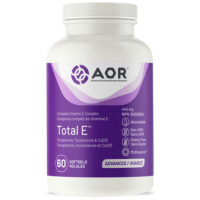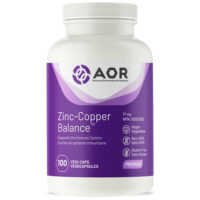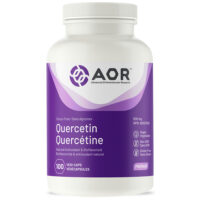As cities expand and swallow up smaller communities, many home and land owners are facing the decision of converting from well water to city water. While there are a lot of variables to consider, getting informed will make it a lot easier to make your choice.
So what exactly is the difference between the two types of water? City water is usually river water. While this type of water has a lot of contaminants and pollutants to start with, it is put through a variety of cleaning processes before it ever enters your home. Well water comes straight from the ground, and while it doesn’t go through the same cleaning process, the water is filtered naturally as it slowly trickles from the surface into underground reservoirs.
City water has been through a variety of purity tests as well as cleaning processes before it makes it to your home. There are several organizations involved in checking city water and making sure it’s safe for you and your family. If you doubt the safety of your water, you can do some research and find various tests that have been done to ensure water quality.
The biggest problem with city water is that just because the water is safe doesn’t mean it smells or tastes very good. Just because all the contaminants are removed, doesn’t mean the water is “pure”. City water often contains minerals that will give the water an unpleasant look, taste, or smell and may have undesired effects on your dishes, laundry and hair. While it may cost a bit more, there are filters and additives you can get for your water that will make it look and taste better.
Just like safe water might smell or taste bad, unsafe water may smell, look, and taste perfectly fine. There are many dangerous chemicals found in well water that have no taste, smell, and do not change the look of the water. In fact, there are a few that will make your water look and taste cleaner or more pleasant. Unless you go through the hassle of having your water tested, there is no way to guarantee well water is safe and free of bacteria and other dangerous chemicals like city water is.
If you’re facing the decision between well or city water, taste and safety are probably not the only issue you’re considering in your decision. One of the biggest factors in making the switch is usually cost. Bringing in city water requires changing the pipes in and around your house. Plus, you then have the added cost of a monthly water bill.
Some people decide to give up on the whole well vs. city water debate altogether and just drink bottled. While bottled water usually does taste better, it doesn’t have to go through the same purity tests that city water does and may not be as pure as the manufacturers claim. In fact, if your bottled water has gone through the same cleaning and testing process, it’s likely because it actually is just city water. On top of that, the bottles add unnecessary waste to local landfills.
While no water is perfect, city water is usually the safest option for your family.


